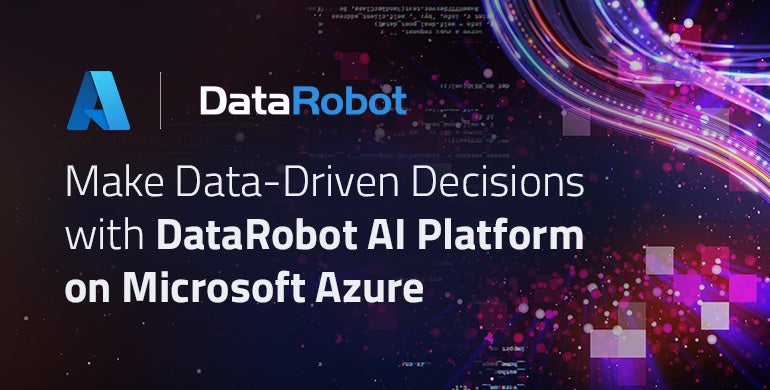A candidate provides a resume during an interview.
Over the past few years, the topics of artificial intelligence and machine learning have become immensely popular, establishing themselves as mainstays of discussion in most households and workplaces. Undoubtedly, the industry has grown exponentially in a relatively short amount of time, perpetuated by numerous small and large players that are actively trying to capture market share.
Alongside this explosion in growth has emerged a gargantuan demand for the right talent and workforce to ideate and develop these products. However, despite the demand, the standards for getting a job in artificial intelligence and machine learning have never been more stringent. This is especially true for AI jobs in healthcare.
Research indicates that conservatively, the AI market is expected to reach nearly $267 billion in value by 2027, with nearly a 37% CAGR. In particular, the market cap for healthcare AI is supposed to increase by more than 10x over the next 8 years. Accordingly, the numbers also show that jobs relating to AI and ML have grown by nearly 74% annually over the last 4 years, indicating that the market is starving for talent to quench the needs of innovation.
However, these figures may incorrectly lead a healthcare AI enthusiast to believe that there are plenty of jobs available and many opportunities exist for new entrants to work in the field. This could not be more false. In fact, despite the heavy demand that is being placed on the current workforce for talent in these fields, the standards for hiring in artificial intelligence and machine learning have increasingly become more difficult. Candidates for this work are expected to have a confluence of expertise across numerous different disciplines ranging from programming and IT architecture to at least a baseline understanding of computational engineering and neural networks. Moreover, the more senior roles that spearhead product teams or actually oversee the development of foundation and large language models are increasingly being granted to academics and industry stalwarts that have previously pursued the work in a research or more academic capacity. This is especially true in the field of healthcare, which requires intricate industry knowledge to apply to the fundamental principles of AI.
For example, Isomorphic Labs and Google DeepMind, both Alphabet companies, have been working for many years at the intersection of healthcare, technology and biology. With this work, the latest iteration of the AlphaFold tool was recently announced, which leverages the best of machine learning and advanced foundation models to advance the fields of proteomics, chemistry and biology. Though it may seem like an overnight success, the work that cultivated this innovation has been years if not decades in the making, and had its foundation and start in research lab settings. Accordingly, the leadership behind the much of the work congruently reflects a highly academic and research oriented pedigree.
Another example is Apple and it’s work in healthcare. Although Apple is just now becoming a recognized titan in artificial intelligence in conjunction with its suite of products for consumer healthcare, the company has been relying on the talent of clinicians and healthcare experts for many years to help develop the technology and workflows. Now, with that baseline knowledge, the means to bring this foundational work and integrate it with usable artificial intelligence, models and products for consumers requires seasoned experts, both from academic and commercial backgrounds to ultimately convert ideas into viable products.
Thus, despite the growth and increased demand, companies remain incredibly selective in hiring candidates to work in this arena, making this one of the most competitive career fields to date. Without the right constellation of research, experience and hard skills in the field, it is nearly impossible to get a job in AI. In fact, “research shows that the majority of business leaders (66%) will not consider hiring a candidate who does not possess AI skills…71% of executives say they prefer to hire a candidate with AI skills, even if they have less experience, over a more experienced candidate who lacks an aptitude for AI.”
At the rate that these fields are growing, the future holds a lot of promise with regards to jobs in AI and ML. Educators, innovators and institutions alike will have to be ready to meet the demands and needs of a modern workforce.



